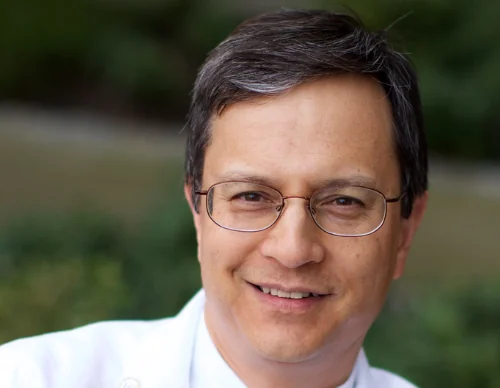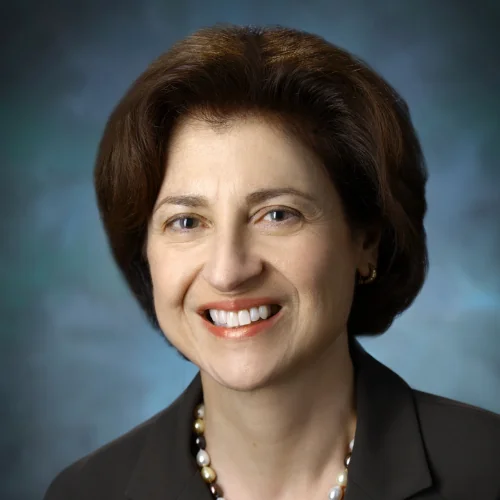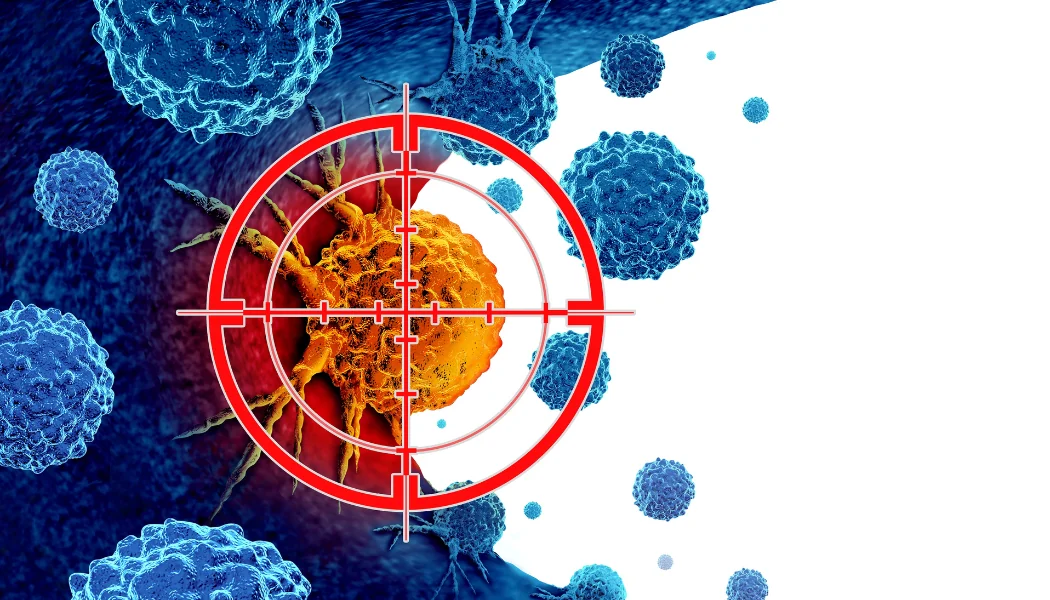University of Washington
Cancer-Types Supported
Click a cancer type below to learn more:
Credentials
Seattle, WA
Professor of Dermatology, Medicine & Pathology
George F. Odland Endowed Chair and Head of the Division of Dermatology
Affiliate Investigator, Fred Hutchinson Cancer Research Center

Research Projects
Dr. Nghiem is a physician-scientist and leader in research and treatment of the rare and deadly skin cancer, Merkel cell carcinoma (MCC). The reported incidence of MCC has quadrupled in the past 2 decades, and its associated mortality is 3 times higher than that of malignant melanoma. The incidence and survival of MCC caused by a polyomavirus are strongly linked to the dysfunction of the immune system’s T cells.
Studies by Dr. Nghiem’s team have resulted in the first two FDA-approved therapies for MCC – the immune checkpoint inhibitors, avelumab and pembrolizumab, which release the natural brake on the immune system and allow T cells to kill cancer cells. His team developed a blood test that is now routinely used clinically to detect recurrent MCC earlier and more reliably than scans.
Dr. Nghiem and Dr. Suzanne Topalian, a leader in cancer immunotherapy and MCC induced by UV light, have previously discovered that 50% of MCC patients can have long-lasting benefit from the new immunotherapy called immune checkpoint inhibitors (ICIs). It is not known why other MCC patients do not respond.
With NFCR support, Dr. Nghiem and Dr. Topalian are collaborating to tackle the problem of why and how the body’s immune system sees virus-induced and UV light-induced MCC differently. With cutting-edge technologies and samples of tumors from patients with either virus- or UV light-induced MCC, the collaborative teams will study every gene in the tumor infiltrating T cells or TILs – the cancer fighting immune cells.
IMPACT
This direct comparison of T cell responses to the two types of MCC can lead to new combinations of existing ICIs and new therapies to save more patients with MCC.
Background
Paul Nghiem, M.D., Ph.D., is the George F. Odland Endowed Chair and Head of the Division of Dermatology at the University of Washington. In 1994, he received his M.D. and his Ph.D. in cancer biology from Stanford Medical School. Prior to joining the University of Washington in 2006, he was an Assistant Professor of Dermatology at Harvard Medical School, Dana-Farber Cancer Institute.
Dr. Nghiem has been recognized for his clinical and laboratory research. He received the 2014 Alfred Marchionini Research Prize (a single international prize awarded to a dermatologist every four years at the World Congress of Dermatology). In 2019 he was awarded the Eugene J. Van Scott Award for Significant Contributions Toward Innovative Therapy of the Skin. Dr. Nghiem has published over 160 papers that have been cited over 17,000 times.
Collaborator:
Our approach emphasizes a collaborative, team environment to accelerate new breakthroughs.
Accelerate innovative research like this and help save cancer patient lives.
Research Focus Areas
Select a Focus Area Below to learn more and see others working in these area.















